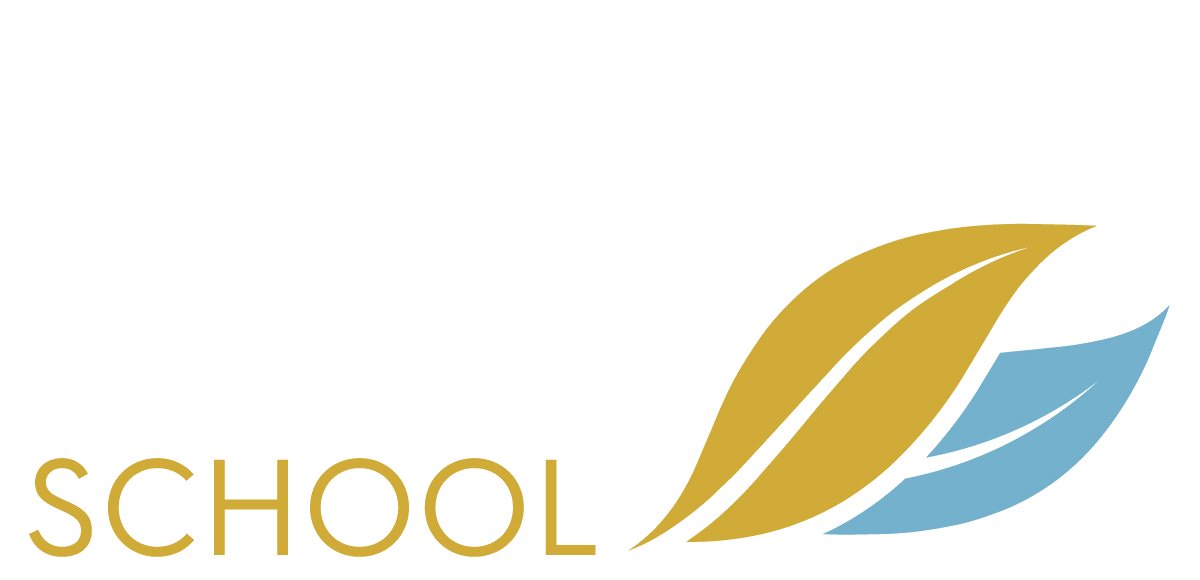
Modern Foreign Languages
Home > Curriculum > Subjects
“If you talk to a man in a language he understands, that goes to his head. If you talk to him in his own language, that goes to his heart.” Nelson Mandela
Joining a community of 500 million speakers.
Spanish is for life and not just for school. We believe at Laurel Park that foreign language learning is a subject that can help pupils understand and give meaning and pleasure to their lives. Spanish is spoken by 500 million people and French around 320 million people and we are very proud to be able to offer the opportunity to learn these beautiful languages and join a truly world community. We aim for pupils to speak, read, write and understand through to competency at Grade 9. The writing examination at GCSE also gives pupils an opportunity to express themselves creatively and really think imaginatively. Learning a foreign language has been proven to be good for our brains and helps us to prevent dementia later in life and it actually makes us better thinkers. It helps us to learn other subjects by teaching us how to memorise. Our intent is to teach our pupils how to learn, be resilient and self-reflective and be ready to go on to A level study in this subject. Unlike a content based subject, speaking and understanding a foreign language is more skill based.
Theories behind second-language acquisition.
Whilst teacher-centred approaches are appropriate for introducing and explaining new language, the learner is also at the heart of the process and must take responsibility for their own progress. They need the tools to be able to search for new languages and check their application of grammatical structures. Pupils need to learn how to use a verb table and a dictionary and this takes time and repeated practice. Learning is effectively memorising. We also apply Rosenshine Principles within lessons as these support retrieval and embedding practices.
We recognise that memorisation is impacted by cognitive load so we break down large chunks of learning into manageable amounts, reinforce through repetition, checking through questioning and recycling, while adding new lexical items over time. We aim to help students overcome barriers to memorisation through enabling them to experience success on a regular basis. We offer achievement point reward moments in every lesson, when a pupil can offer an example of their learning. Finally, we help pupils by using the latest technologies and learning platforms such as Seneca, Activelearn and Quizlet. We know that independent learners are the most successful and therefore we are exploring how learners can make rapid progress beyond the course using methods such as the Ranieri-Reading Technique. Initially this means reading along with the audio so pupils are given transcriptions of longer texts to explore prior to listening exercises, particularly at KS4.
At Key Stage 3:
We offer a very structured, well-organised course at Key Stage 3 with the popular course Active Learn Viva 1, 2 and 3. Linguistic knowledge is enriched with cultural lessons. From the outset we teach grammar, phonics and vocabulary; using the correct terminology and pronunciation.
We expand the Cultural Capital of our students by embedding their linguistic acquisition within a wide range of knowledge which goes beyond their own cultural experience.We use authentic resources to offer immediacy and relevance to the MFL learning experience. We show a season of foreign language films, Spanish/French music and cultural clips, for example a trip to Maccu Pichu. Schemes of learning in Year 9 start to echo GCSE topics, enabling us to offer a broad and balanced curriculum over a longer timescale to encourage mastery and deeper understanding of the subject (topic) matter (vocabulary).
At Key Stage 4:
Pupils then continue with a very detailed, well-planned curriculum at Key Stage 4 using Kerboodle and AQA Foundation or Higher course book (until summer 2024) Edexcel Exam board (first exams in 2026). Knowledge is extended with transcripts, grammar exercises, reading and listening material as well as GCSE past papers.
Curriculum
The MFL curriculum booklets can be downloaded here:
